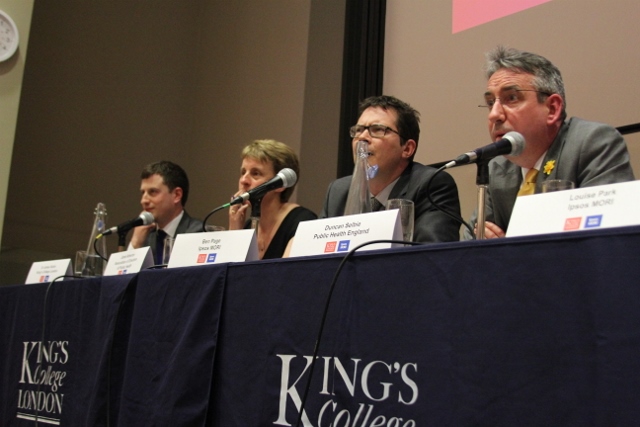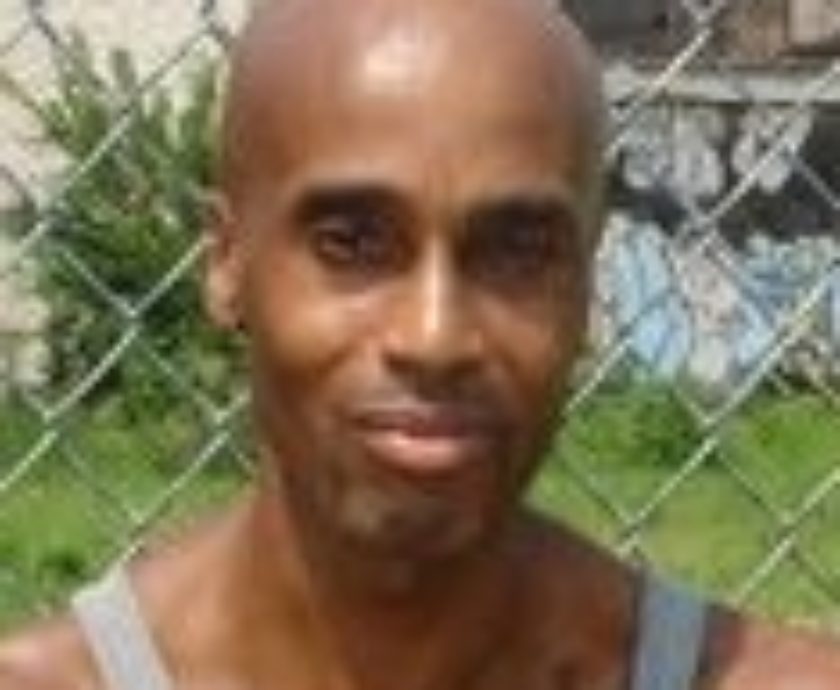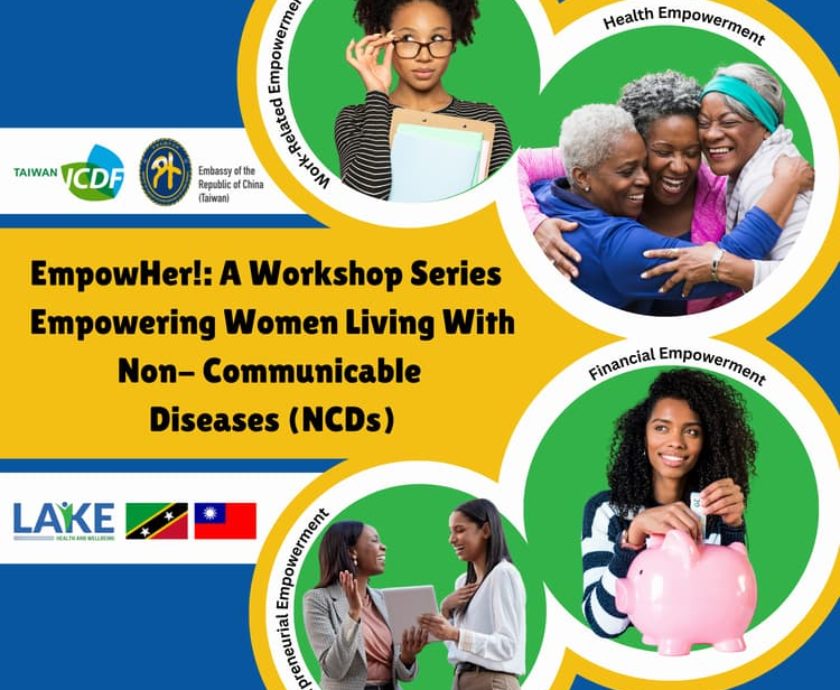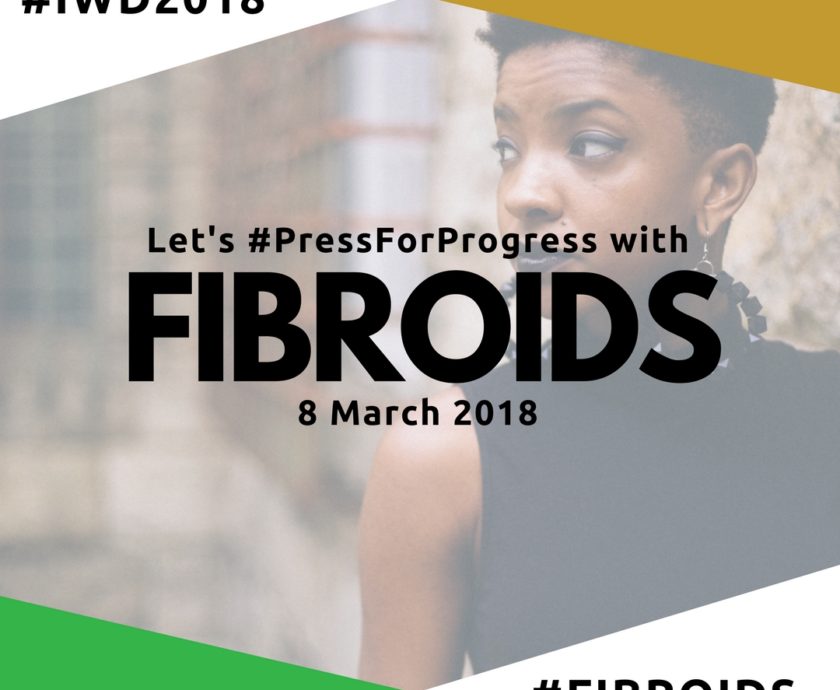On 27th March, we attended the 100 Black Men of London’s event “Keep calm and let’s talk about prostate cancer”. This was a very interesting event that highlighted the many challenges faced by black men when it comes to prostate cancer.
The event started with a presentation by Dr Kingsley Osayi, a Consultant Pathologist at Basildon and Thurrock Hospital. Dr Osayi gave an overview of the role of the prostate, common prostate conditions, the symptoms of prostate cancer, risk factors and treatment.
The most startling statistic from Dr Osayi’s presentation was just how common prostate cancer is in black men with 1 in 4 black men expected to develop prostate cancer compared to 1 in 8 white men. It was unsettling to learn that there still isn’t a clear understanding of why prostate cancer is more common in black men, but the prevailing view is that there is a genetic reason for this rather than it being lifestyle related.
 After Dr Osayi set the scene it was time for the debate, which was chaired by Kola Sonaike, President of 100 Black Men of London and featured the following panellists:
After Dr Osayi set the scene it was time for the debate, which was chaired by Kola Sonaike, President of 100 Black Men of London and featured the following panellists:
· Elijah Ashanti Israel– a prostate cancer survivor
· Rose Thompson – Director, BME Cancer Communities
· Ann Smart – Clinical Nurse Specialist, Prostate Cancer UK
· Dr Kingsley Osayi – Consultant Pathologist, Basildon and Thurrock Hospital
We learnt from the debate that:
1. Black men suffer from a more aggressive type of prostate cancer that develops at a younger age than the less aggressive forms that affect the general population. NHS guidelines recommend PSA testing should be made available, if requested, to men from the age of 50, but this is not helpful for black men and may need to be readjusted to allow black men to easily request a PSA test at a younger age.
2. Black men with a family history of prostate and breast cancer are not being dealt with appropriately by their doctors. Anyone with a strong family history of cancer should be provided with sound advice from their doctor; given the opportunity to discuss regular PSA testing; and also be offered a referral to a genetic counsellor for a discussion about what their family history might mean about their risk of developing prostate cancer and what options are available to reduce their risk or to ensure early diagnosis.
3. There is a low level of awareness of prostate cancer in the black community and a lack of willingness to discuss this issue.This means that black men don’t realise the seriousness of urinary symptoms and don’t visit their doctors soon enough. Furthermore there is an unwillingness to discuss cancer in the black community which means the challenges experienced by black men are not identified so key issues are not addressed at a political level.
 The debate ended with agreement that these issues need to be dealt with on two levels. Firstly, GPs need to be made aware of how prostate cancer affects black men and guidelines need to be developed on how GPs should manage black men especially those with a family history of prostate, breast and ovarian cancer. Secondly, the black community needs to be more informed about prostate cancer to ensure we are more proactive on this issue so that more men are diagnosed early.
The debate ended with agreement that these issues need to be dealt with on two levels. Firstly, GPs need to be made aware of how prostate cancer affects black men and guidelines need to be developed on how GPs should manage black men especially those with a family history of prostate, breast and ovarian cancer. Secondly, the black community needs to be more informed about prostate cancer to ensure we are more proactive on this issue so that more men are diagnosed early.
A lot of the issues raised at the event have been analysed and presented in a report entitled ‘Hear me Now’ written by Rose Thompson. You can read the report here and a follow-up report will be launched in a of couple weeks’ time.
We thoroughly enjoyed this most informative event and The Lake Foundation will continue to raise awareness of prostate cancer and will work with other organisations to address the issues raised.











